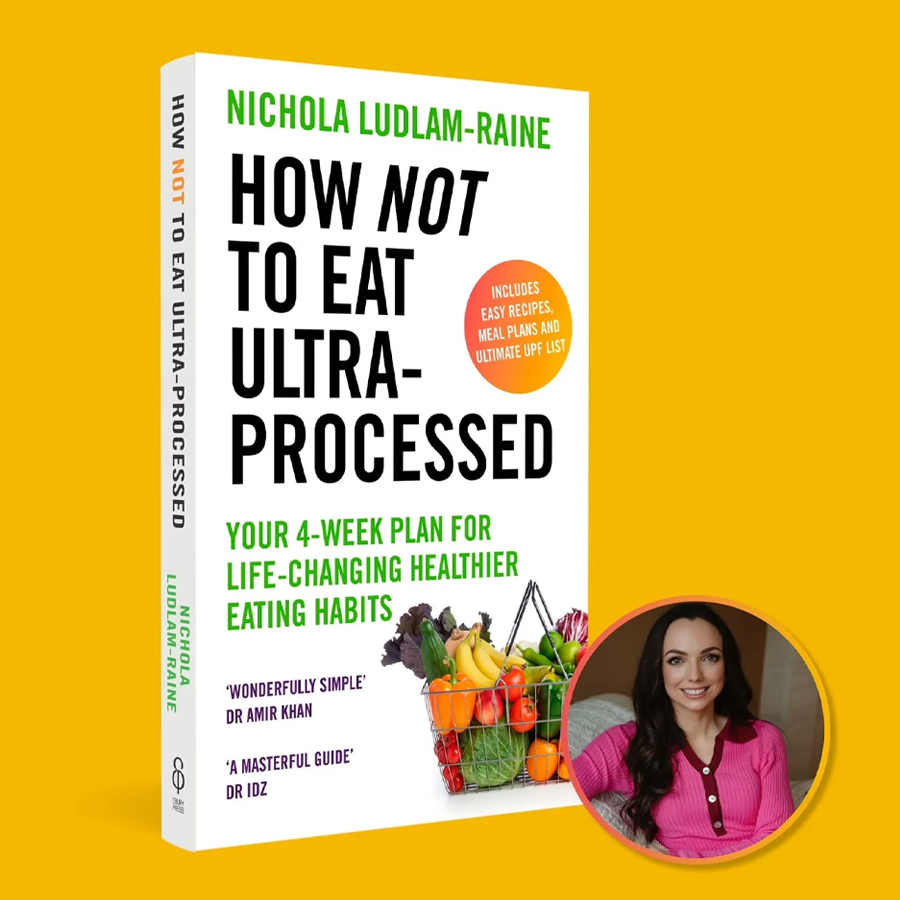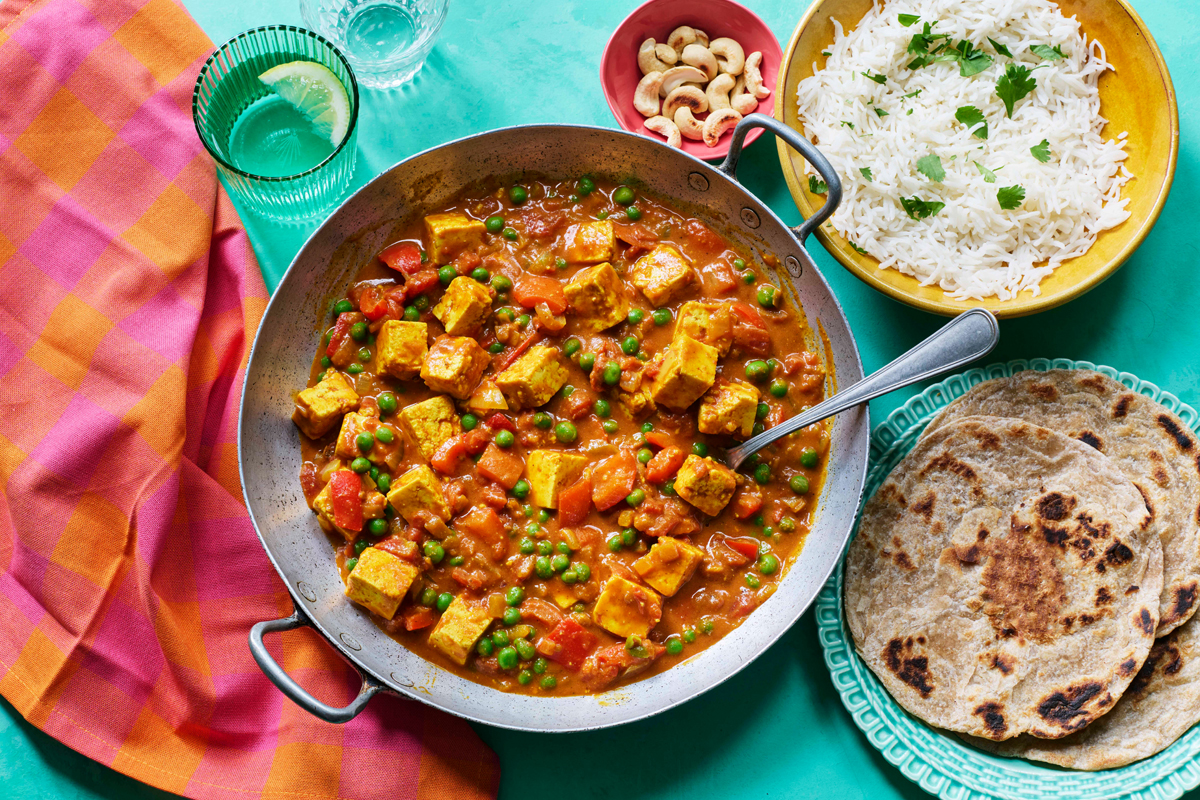
Nichola is a UK Registered Dietitian with over 15 years of experience working in both the NHS and private sectors. Clinically she specialises in weight management and bariatric surgery and was recently named Media Spokesperson of the Year by the British Dietetic Association for her work on TV and in print media. Nichola is the author of the best-selling book How Not to Eat Ultra-Processed, published last July, and shares expert advice and personal insights through her platforms @nicsnutrition and @mummynutrition.
To kick things off, how would you define ‘optimal recovery’ from a nutrition standpoint?
Optimal recovery is about giving your body the nutrients it needs to repair, rebuild, and refuel after exercise. That includes replenishing glycogen (your stored form of carbohydrate), repairing muscle with protein, and rehydrating effectively. It’s also about consistency – not just what you eat immediately after a workout, but how well-nourished your overall diet is day-to-day (this includes eating your 5 a day – at the least!).
What are the telltale signs that someone isn’t fuelling their recovery properly?
Signs can include persistent fatigue, frequent illness, poor sleep, low mood, muscle soreness that lingers longer than expected, or hitting a plateau in training. Inadequate recovery nutrition can also lead to increased risk of injury and menstrual disturbances in women. If you’re under-fuelling, your body simply won’t be able to perform or recover at its best.
What are the key components of an effective post-workout meal or snack for muscle repair and glycogen replenishment?
You want a combination of carbohydrate and protein, ideally within 60 minutes of finishing exercise.
- Carbs help restore glycogen levels – think oats, wholegrain toast, fruit, or a smoothie containing milk.
- Protein supports muscle repair and growth – aim for around 20g from sources like eggs, Greek yoghurt, tofu, fish, or a quality protein powder.
- Hydration is also key, especially if you’ve been sweating – water or an electrolyte drink can help if you’ve been working out for more than an hour.
Post-workout supplements often emphasise protein intake within the ‘anabolic window’, how important is this timing?
While the so-called anabolic window isn’t as tight as once thought, timing still matters, especially if you’re training hard, or multiple times a day or week. If you’ve exercised fasted or won’t be eating a proper meal soon, a protein-rich snack or shake soon after training is helpful. But overall, your total protein intake across the day, spaced every 3–4 hours, is more important than obsessing over the exact minute you finish your workout.
What’s your take on carbohydrates for recovery, especially given the popularity of low-carb and keto diets?
Carbohydrates are essential for recovery – especially for anyone doing endurance, high-intensity, or resistance training. Low-carb or keto diets may suit some individuals with specific goals, but for most active people, especially those aiming to build muscle or train regularly, restricting carbs can hinder performance and recovery. They’re your body’s preferred fuel and critical for hormone regulation and mental focus too.
From BCAAs to greens powders, gym-goers are often bombarded with supplement marketing. Which, if any, do you think are worth considering, and why?
For most people, a balanced diet can meet the majority of nutrient needs, but some supplements can be helpful:
- Protein powder can be convenient, especially post-workout, when appetite is low or when dietary intake from food doesn’t meet what is needed (often 1-2g of protein per Kg of body weight a day). You can read my blog post that looks at whey protein in more detail, Whey Protein… do you need it?
- Creatine monohydrate is one of the most researched and effective supplements for strength and power – take daily for optimal benefits.
- Vitamin D is important, especially during the darker months in the UK (take 10 mcg a day).
- Greens powders and BCAAs are often unnecessary if you’re already eating enough whole foods and complete protein sources – they’re not harmful, but they’re unlikely to offer much extra benefit.
In your new book ‘How Not to Eat Ultra-Processed,’ you discuss moving away from labelling foods as ‘good’ or ‘bad.’ Are there any tips you can share to help break this binary thinking?
Try shifting the focus from “what should I cut out?” to “what can I add in?” For example, instead of worrying about a slice of pizza, think about how you can add fibre, protein, or colour to your plate. Also, remember that context matters – it’s what you eat consistently over time that matters, not a single snack or meal. Food is more than just fuel; it’s also social and cultural, and all foods can fit in a balanced lifestyle – as it’s the portion size and frequency in which you eat the food that matters most.

How can people stay on track with their nutrition goals when life gets hectic and convenience foods feel like the easiest choice?
Preparation really is key -that doesn’t mean spending hours meal prepping, but it might mean keeping a few basics in your kitchen:
- Frozen veg, tinned fish, tinned beans, microwavable grains, eggs, and a jar of pesto can make a quick and nourishing meal.
- Keeping chopped vegetable sticks in the fridge, alongside healthy dips such as hummus, as well as a stocked fruit bowl on the side will also help nudge people towards healthier snacking.
- Batch-cooking meals when you do have time can also make a big difference. Remember to cook once, eat twice!
- And if you do reach for convenience foods, choose those with mostly recognisable ingredients and aim to balance them with whole foods when you can.

If someone could make just one small change to better support their recovery through their diet, what would you recommend?
Start by including a source of protein as well as fibre with every meal and snack. That could be yoghurt, eggs, beans, cheese, nuts, or lean meat, with wholegrains, fruits and vegetables. Spreading protein intake across the day supports muscle repair, keeps you feeling full, and helps regulate blood sugar – all of which contribute to better recovery.
What’s the biggest nutrition myth you encounter in your work as a Registered Dietitian?
That carbs are the enemy! It’s such a persistent myth. Carbohydrates are not only essential for energy and recovery, but also for brain function, gut health, mood, and hormone balance. It’s about choosing the right types (e.g. wholegrains, legumes, vegetables, fruit) and combining them with protein and fats for balance.
And finally, where’s the best place for people to find out more about your work and follow for updates?
You can find me on Instagram at @nicsnutrition and @mummynutrition, or visit nicsnutrition.com for free resources and recipe ideas. My book How Not to Eat Ultra-Processed is available now wherever books are sold (including Amazon), and includes simple, practical tips to support long-term health – without the food guilt.
